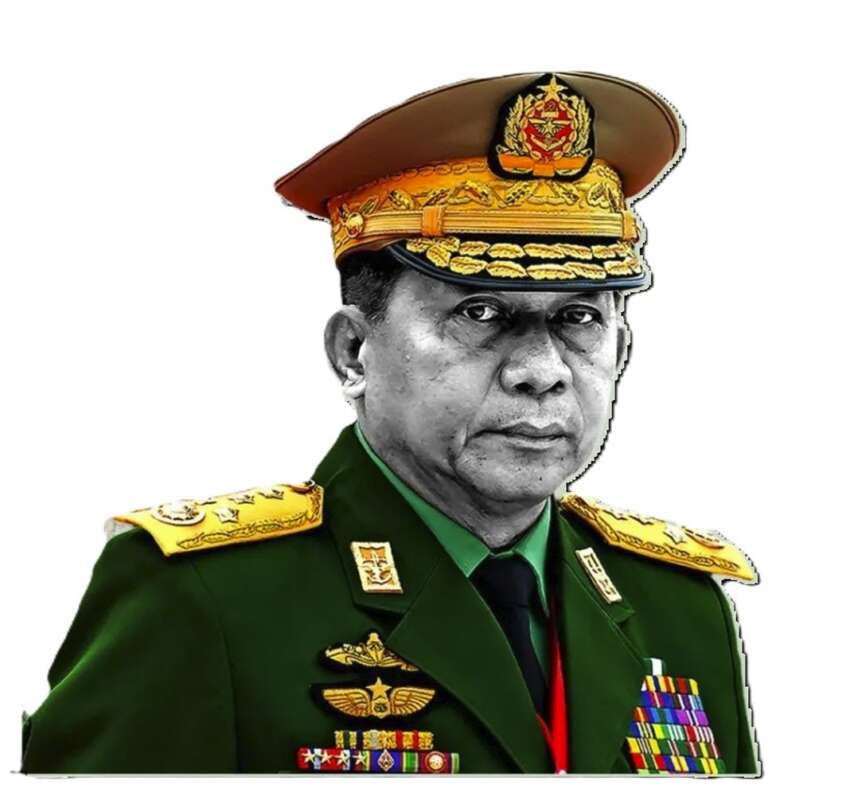
Military council leader Min Aung Hlaing has ordered the rapid formation of a China-Myanmar Trade and Investment Promotion Association, with priority given to inviting Chinese-descent business owners, according to a source from the Union of Myanmar Federation of Chambers of Commerce and Industry (UMFCCI). The association aims to enhance economic cooperation between Myanmar and China, facilitate bilateral trade and goods flow, and increase investments in Myanmar. The association will comprise companies from Myanmar and both state-owned and private companies from China.
Following Min Aung Hlaing’s visit to China from August 30 to September 6, he has shown increased enthusiasm for economic cooperation with China. He has promised special privileges for Chinese companies, including tax exemptions and special import permits for Chinese companies investing in Myanmar. Additionally, he announced plans to establish a direct currency exchange system between Chinese Yuan and Myanmar Kyat. These privileges are exclusively intended for Chinese business enterprises.
Currently, Chinese-descent business owners dominate Myanmar’s business associations. At UMFCCI, approximately 80 percent of the Central Executive Committee and Executive Committee members, including Chairman Ko Aye Win, are of Chinese descent. Similarly, at the Myanmar Industries Association (MIA), about 85 percent of executive members, including Chairman Ko Aye Tun, are of Chinese descent. The heads of various other business associations, including the Myanmar Pulses Association, Bayintnaung Commodity Exchange, Edible Oil Association, and many industrial zone committees, are also predominantly of Chinese descent. This dominance has led to tensions and discord between Chinese-descent and ethnic Myanmar business owners in domestic business sectors.
During his China visit, Min Aung Hlaing promised to provide sea access through Myanmar for China’s landlocked southern provinces. He emphasized that the Kyaukphyu-Kunming railway project could become China’s gateway to the Indian Ocean. He also discussed ongoing collaboration with China on various projects, including the Kyaukphyu deep-sea port project, Myitsone hydropower project, and oil and natural gas pipeline projects. Min Aung Hlaing repeatedly encouraged Chinese businesses to invest in Myanmar with confidence, assuring them of protection for their investments. These developments indicate an increasingly close economic relationship between the military council and China, with significant implications for Myanmar’s business landscape and economic sovereignty.



